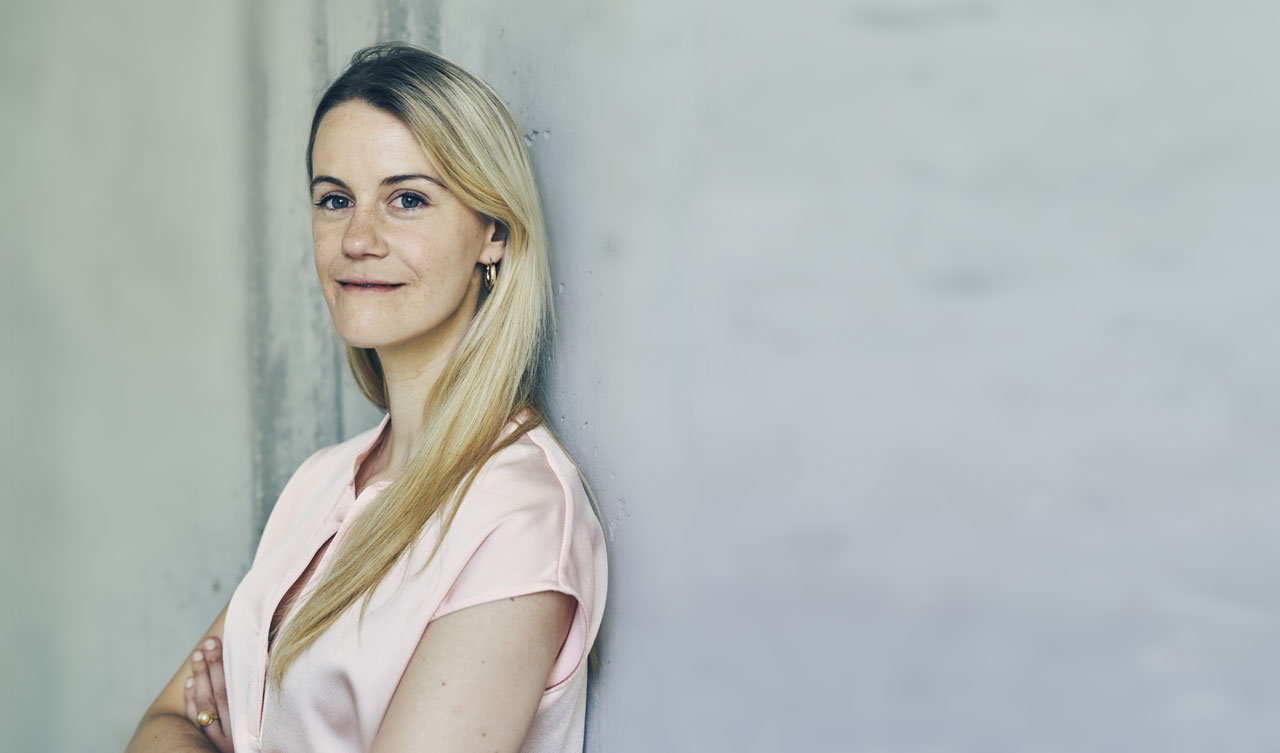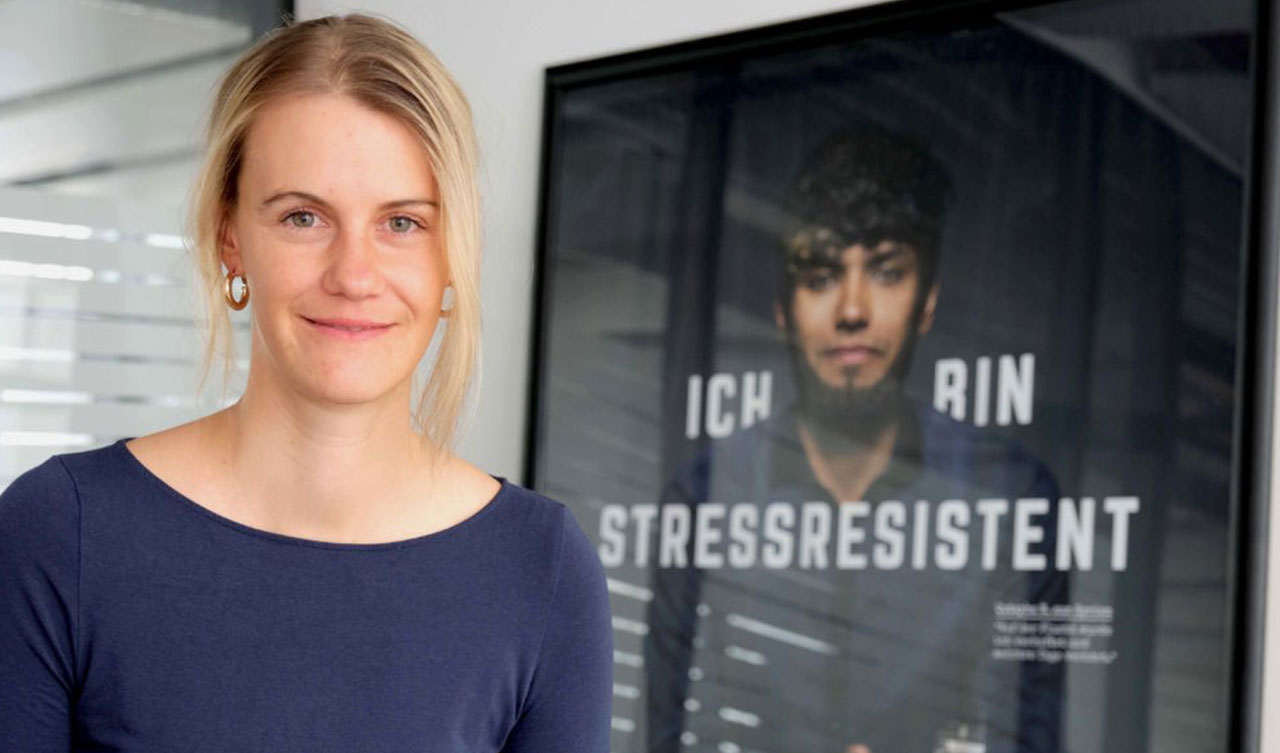The week when the corona crisis really hit hard in Germany, we had to send our company into short-term work. I felt awful. It felt wrong. To just accept what was happening around us without doing anything about it. They say “crisis sparks creativity”. I am one-hundred percent behind that statement because like many fellow social entrepreneurs I sat down to think of ideas. What could be done to tackle some of the growing challenges of the Corona Crisis. After spending all night brainstorming I had a rough idea of what would later become the App Bring and Ring. After less than 4 weeks of building a team and the technology itself.
I am still in awe about how much effort everyone put into this project. There were, of course, many many ups and downs. Like our Zoom Call being hacked during our Beta-Testing, the App not working 10 Minutes before the official Launch or us not being able to open a bank account during the crisis to safely store our funding. Although these are an entirely different set of challenges I am used to things not working right away – and making them work. After founding two Social Businesses within the unique circumstances of a crisis the following three things have really stuck with me and I want to share them with you:
Know what problem you want to solve – Work out the details later
It’s not an approach everyone is comfortable with but I absolutely swear by. When I came up with the ideas to both Social-Bee and Bring and Ring I only knew that there was a problem I was passionate about solving and a rough idea of how to approach it. Everything else I had to pick up on the way. It resulted in long nights of researching short-term employments, employment-laws, and integration policies. Or in the case of Bring and Ring: Letting go of my complete lack of knowledge about Technology, learning as much as possible from our developers and experts and seeing the shocked/disbelieving faces of my family and friends when I announced that I had launched an App and founded an IT-Company. There’s nothing against becoming a founder in your area of expertise but especially during a crisis, we need everyone to take their unique skills and apply them to the urgent causes at hand.
There are three huge positives to this approach:
- It keeps you from only staying in your lane and missing out on all the things you can bring to the table in a field that’s different than your own.
- Staying flexible in the process: Instead of planning out the entire project from the beginning, you can adapt to all the challenges you will face over time.
- You start out being led by your passion for a cause: This motivation will not only get you through the ups and downs but also motivate others to support you with the same energy.
Having a common purpose keeps you from taking things personally
When managing a team there are many challenges and small conflicts easily get magnified when everyone is working under stressful conditions. It’s easy to take things personally and look at a conflict as me vs. you instead of us vs. the problem. I have never seen conflicts being resolved as fast as when people work together for a greater purpose. Not to say that there were never any conflicts when founding Social-Bee or Bring and Ring. But it’s much easier to put our own egos aside to make room for constructive criticism when you’re not just worried about your own career but also about the people your work is impacting.
It all starts with an enthusiastic sprint. But watch out, its a marathon
If there’s anything good coming from a crisis it’s the energy and momentum it creates for change. Systems get challenged or break down and there’s usually a lot of good emerging from what is left. The beauty of starting a project during such a time is that all of this energy can be used to initiate a great impact. After having the initial idea of Bring and Ring everything went really fast: Raising funding, recruiting volunteers, finding an agency, and building a team of engineers that immediately started programming. All of this within one weekend. There’s so much willingness to help that everything seems possible. But real long-term change takes time and a lot of hard work. When everyone slowly gets fed up with the media coverage of the crisis and starts adapting to the new way of living the momentum slowly dies down. Many people are (thankfully) very willing to help refugees upon arrival with donations but what happens to them after arrival? Within the last weeks in every building there have been notes of people offering their help for neighbors but what about those who need help beyond the pandemic. Dealing with a problem long-term and finding a sustainable solution takes hard work and usually doesn’t happen within weeks.
Founding a social business in a crisis has its completely unique challenges and opportunities. These three takeaways are only a small section of what is happening in the process and what needs to be taken into account But being part of a solution and working through the ups and downs of it is where I find my purpose.
And in the end, purpose is what drives not just me, but all the great people that were and are still involved.
Written by : admin
Social entrepreneur. Diversity Voice. Female Founder. Pioneer for a Purpose Driven Economy.


